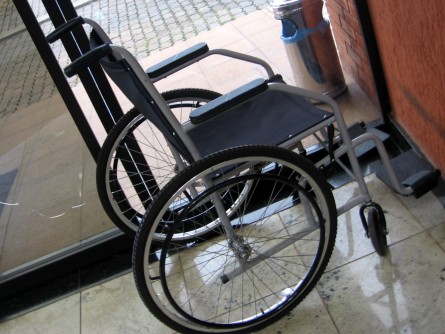I've gotten to spend time in the past 24 hours with a number of young adults who have come to this city specifically to rebuild. And I mean that in the broadest sense. Some have come to fix houses. But others have come to rebuild the city's economy and its civic life, opening up for-profit tech firms and non-profit organizations. They are breathing new life into religious institutions. They are meeting in coffee shops all over the city brainstorming about ways to improve things. The generation of people who have been accused of living in a kind of perpetual adolescence are acting very much like adults. And many who thought they had come temporarily are actually putting down roots.
Still, this is a city with deep problems. There are neighborhoods with block after block of abandoned homes. And a look at the city's crime statistics is depressing. According to a New York Times article a couple of months ago:
Of all the challenges facing the city of New Orleans, none is as urgent or as relentlessly grim as the city’s homicide rate. It was measured at 10 times the national average in 2010, long before shootings on Halloween night in the crowded French Quarter revealed to a larger public what was going on in poor neighborhoods around the city every week. There were 51 homicides per 100,000 residents here last year, compared with less than 7 per 100,000 in New York or 23 in similar-size Oakland, Calif.
How many Teach for America volunteers and tech entrepreneurs will it take to fix those kind of problems? Who knows? They are likely to persist, and philanthropists may wonder what there is to be done about them. Earlier this week, economist Tyler Cowen gave a talk in New York about his predictions for philanthropy. Citing Charles Murray's new book, Cowen suggested that the divide between the lower and upper classes in America is not about the material wealth of either group per se. Rather the upper class advantage is self-control. Children of the upper classes are taught to delay gratification -- to work hard in school, to save money, to delay sex, etc.
Philanthropy's best hopes may be trying to help create that environment of self-control. What are those institutions that help foster self-control? Cowen mentions charter schools like KIPP academies -- they aim to completely remake a student's work ethic -- as well as churches. A philanthropy's support of such institutions will not bring results overnight, but they may be the best bets in the long term. This city would be a good place to try.






It is good to see that you are still up to important work, Naomi.